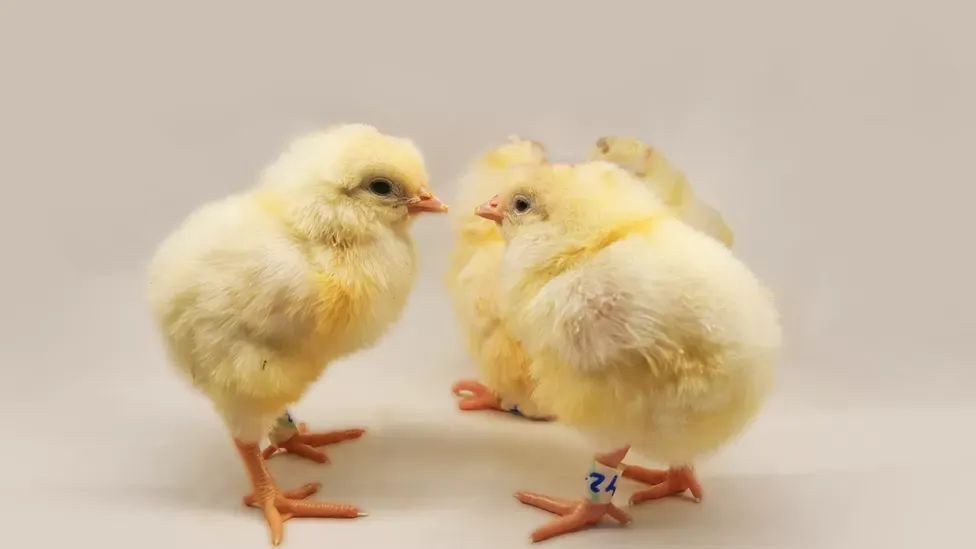Israel: Gene-Edited Hens Only Lay Female Eggs
On Tuesday, researchers at the Israeli Agricultural Research Organization led by Dr. Yuval Cinnamon announced the development of genetically engineered hens that lay eggs that only hatch females — an advancement that scientists say may prevent the suffering of unwanted male chicks in the future.

Facts
- On Tuesday, researchers at the Israeli Agricultural Research Organization led by Dr. Yuval Cinnamon announced the development of genetically engineered hens that lay eggs that only hatch females — an advancement that scientists say may prevent the suffering of unwanted male chicks in the future.1
- The scientists genetically engineered the hens' — who carry Z and W chromosomes — Z chromosome. The eggs laid by the hens, called "Golda hens," are then exposed to blue light — activating the edited DNA. When exposed, the males — made up of two Z chromosomes — stop developing, while the female eggs continue on as normal.2
- This is significant for both economic and moral reasons. Male chicks cost more to care for than they would ever sell for as meat, and as a result, they're often culled.1
- The Golda hen’s female eggs that hatch will lay table eggs. These females aren't genetically modified as they inherit the unedited W chromosome from the mother and the untouched Z chromosome from the father.1
- The team — which has yet to publish the research as it plans to license the science — reportedly worked in tandem with UK-based animal welfare company Compassion in World Farming.2
Sources: 1The Times of Israel and 2BBC News.
Narratives
- Narrative A, as provided by The JC. As a result of the human cultivation of chickens and eggs, a stomach-turning seven billion male chicks are killed each year because they hold no commercial value. If genetically-engineered hens help prevent unnecessary loss of life and boost egg production, then it's the right route to take.
- Narrative B, as provided by The Collector. The process of genetic engineering is a moral double-edged sword. The opportunity to end the slaughter of innocent animals is undoubtedly a good thing. However, editing the genetic code of a living being is unnatural and could have unforeseen consequences.






